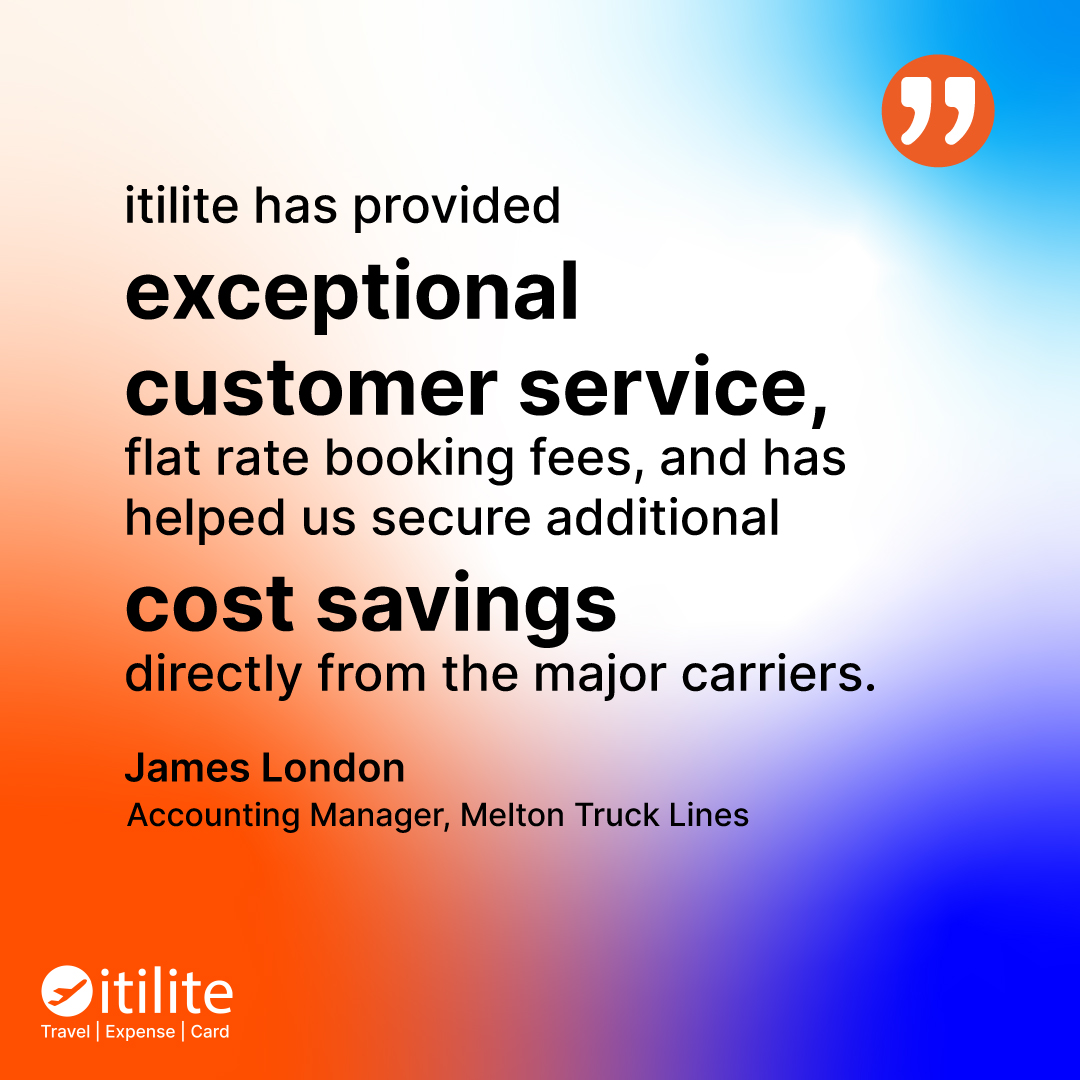
Business credit cards have emerged as indispensable tools for enterprises of all sizes. These financial instruments provide a dedicated means for managing company expenses, offering a clear demarcation between personal and business finances. Beyond convenience, business credit cards play a pivotal role in building and establishing credit for the company, a crucial aspect for accessing future financing and favorable terms.
Additionally, they offer various features such as expense tracking, employee management tools, and rewards programs tailored to business needs. Leveraging credit wisely ensures smooth day-to-day operations and contributes significantly to a company’s growth trajectory.
The comparison of corporate vs small business cards is not just about selecting a piece of plastic for transactions. It’s about aligning financial tools with the unique requirements and aspirations of the business.
What are Business Credit Cards?
Business credit cards are financial tools designed for business-related transactions. They are issued in a business entity’s name to make purchases, manage expenses, and access credit for operational needs.
Business credit cards offer features such as expense tracking, employee management tools, rewards programs, and access to credit. They are used by businesses of varying sizes to streamline financial management, separate personal and business expenses, and build a business credit history.
Corporate and small business credit cards are offered to companies based on size.
Corporate business cards refer to credit cards designed for large corporations. These cards come with features tailored to the complex financial needs of big businesses, including high credit limits, advanced expense management tools, and specialized rewards programs. These are typically used by enterprises with significant operational expenses.
On the other hand, corporate vs small business cards for small business cards are a category of business credit cards intended for smaller enterprises. They offer features such as lower credit limits, rewards geared towards business expenses, and simplified expense tracking tools. These cards cater to businesses and entrepreneurs who may not require the extensive features provided by corporate cards.
Corporate vs Small Business Cards: A Comparative Analysis
1. Credit Limits
Corporate Business Cards: Boasting substantial credit limits, corporate credit cards provide financial flexibility, allowing larger transactions and accommodating the diverse spending needs of a corporation. This higher credit ceiling particularly benefits enterprises with significant operational expenses and travel requirements.
Small Business Cards: In contrast, a corporate card for small businesses have more modest credit limits. Tailored to the scale of smaller enterprises, these limits offer a disciplined approach to spending, helping businesses maintain financial prudence while still accessing the necessary resources for day-to-day operations.
2. Expense Management
Corporate Business Cards: Recognizing the complexity of managing expenses in a large organization, corporate cards often come equipped with advanced employee expense management tools. These features streamline expenditure tracking, ensuring transparency and accountability in a corporate setting.
Small Business Cards: Small business credit cards, while lacking the complexity of corporate tools, often offer simplified expense tracking mechanisms. These are designed with the needs of smaller teams in mind, allowing for easier monitoring of business-related expenditures.
3. Rewards and Perks
Corporate credit cards frequently come bundled with various rewards and travel perks. From airline miles to hotel discounts, these incentives are tailored to the frequent business traveler, providing a valuable bonus for companies with extensive travel requirements.
On the other hand, a corporate card for small businesses focuses on rewards and cashback that align with typical business expenses. These rewards can be more practical for smaller entities, offering tangible benefits for everyday operational costs.
4. Eligibility Criteria and Application Process:
Corporate Business Cards: The eligibility criteria for corporate cards often involve the size and financial health of the company. The application process may include a comprehensive review of the organization’s financials, making these cards more suitable for established corporations.
Small Business Cards: Small business credit cards typically have more accessible eligibility requirements, catering to the needs of startups and smaller enterprises. The application process is often streamlined, allowing for quicker approval and issuance.
5. Flexibility in Spending:
Corporate Business Cards: With their higher credit limits, corporate cards offer greater flexibility in spending, making them suitable for companies engaged in substantial transactions and frequent business-related expenses. This flexibility enables corporations to handle large-scale purchases and ongoing operational costs efficiently.
Small Business Cards: While featuring lower credit limits, a corporate card for small businesses provide a disciplined approach to spending, encouraging prudent financial management. This can be advantageous for businesses aiming for controlled and sustainable growth, as the spending limits promote a more cautious approach to expenditures.
6. Employee Access and Control:
Corporate Business Cards: Corporate credit cards often come with advanced controls and permissions, allowing businesses to manage and monitor employee card usage effectively. This is particularly crucial for companies with a large workforce, ensuring that spending remains aligned with corporate policies.
Small Business Cards: Small business credit cards may offer simpler controls but still provide essential features for managing employee access. This can be beneficial for smaller teams, offering a degree of oversight and control over business-related expenses while maintaining operational efficiency.
7. Drawbacks and Considerations
Corporate Business Cards: Potential drawbacks for corporate cards include higher annual fees and associated costs. Additionally, while limited, there may be concerns about personal liability, albeit to a lesser extent than personal credit cards.
Small Business Cards: Drawbacks for small business cards may include relatively higher interest rates and fees, particularly for businesses with less established credit histories. Moreover, there is a potential impact on the owner’s credit, emphasizing the importance of responsible credit management.
Choosing the Right Card for Your Business
Assessing your business needs and financial goals: Evaluate the specific financial requirements of your business, considering factors like operational expenses, travel, and employee spending. Align the features of a business credit card with your financial goals to ensure a tailored fit for your unique business needs.
Considering the size and structure of your business: The scale and structure of your business play a pivotal role in choosing the right card. Large corporations may benefit from the comprehensive features of corporate cards, while small businesses might find the simplicity and lower credit limits of small business cards more suitable.
Analyzing the rewards and benefits offered by each type of card: Scrutinize the rewards programs and benefits associated with each type of business card. Corporate cards may offer travel perks tailored for frequent business travelers, while small business cards often provide cashback and rewards aligned with everyday operational expenses. Choose the card that maximizes benefits based on your business spending patterns.
Understanding the potential impact on personal credit: Recognize that while business credit cards are intended for business expenses, some may impact personal credit. Evaluate the terms and conditions to understand how card usage might influence personal credit scores. Strive for a balance that meets business needs without unduly affecting personal credit health.
ITILITE Corporate Travel Card
By navigating this comparison of corporate vs small business cards, you can make informed decisions, ensuring that your chosen credit card aligns seamlessly with their operational and financial objectives.
When choosing a credit card for your business, consider our innovative corporate credit card. It seamlessly syncs with our advanced corporate travel management software, providing a unified platform for tracking, managing, and analyzing your business expenditures effortlessly. Enjoy real-time insights and take command of your financial landscape with unparalleled ease.
Plus, the card offers an enticing 1.5% cashback on every transaction. Whether it’s essential office supplies, client dinners, or travel expenses, watch your cashback accumulate and enhance your bottom line.


















